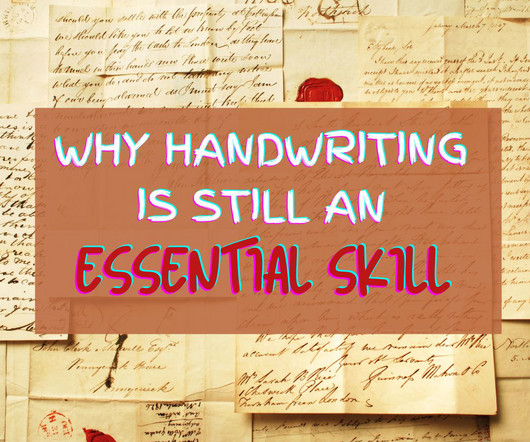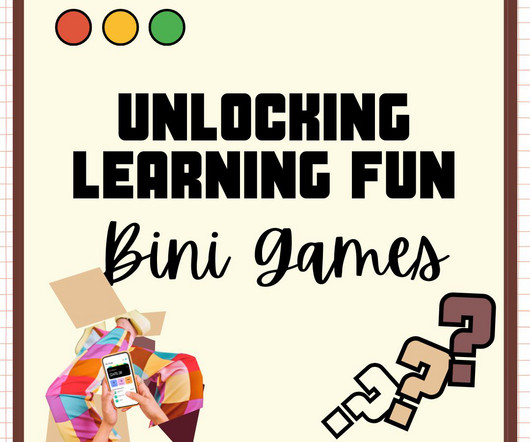Understanding cognitive development in students via Piaget’s Theory
eSchool News
AUGUST 13, 2024
Jean Piaget, a Swiss psychologist, profoundly impacted educational theory with his comprehensive theory of cognitive development. His work was developed in the mid-20th century, but it remains highly relevant and influential in today’s classrooms. Each stage represents a different way of thinking and understanding the world.



















Let's personalize your content